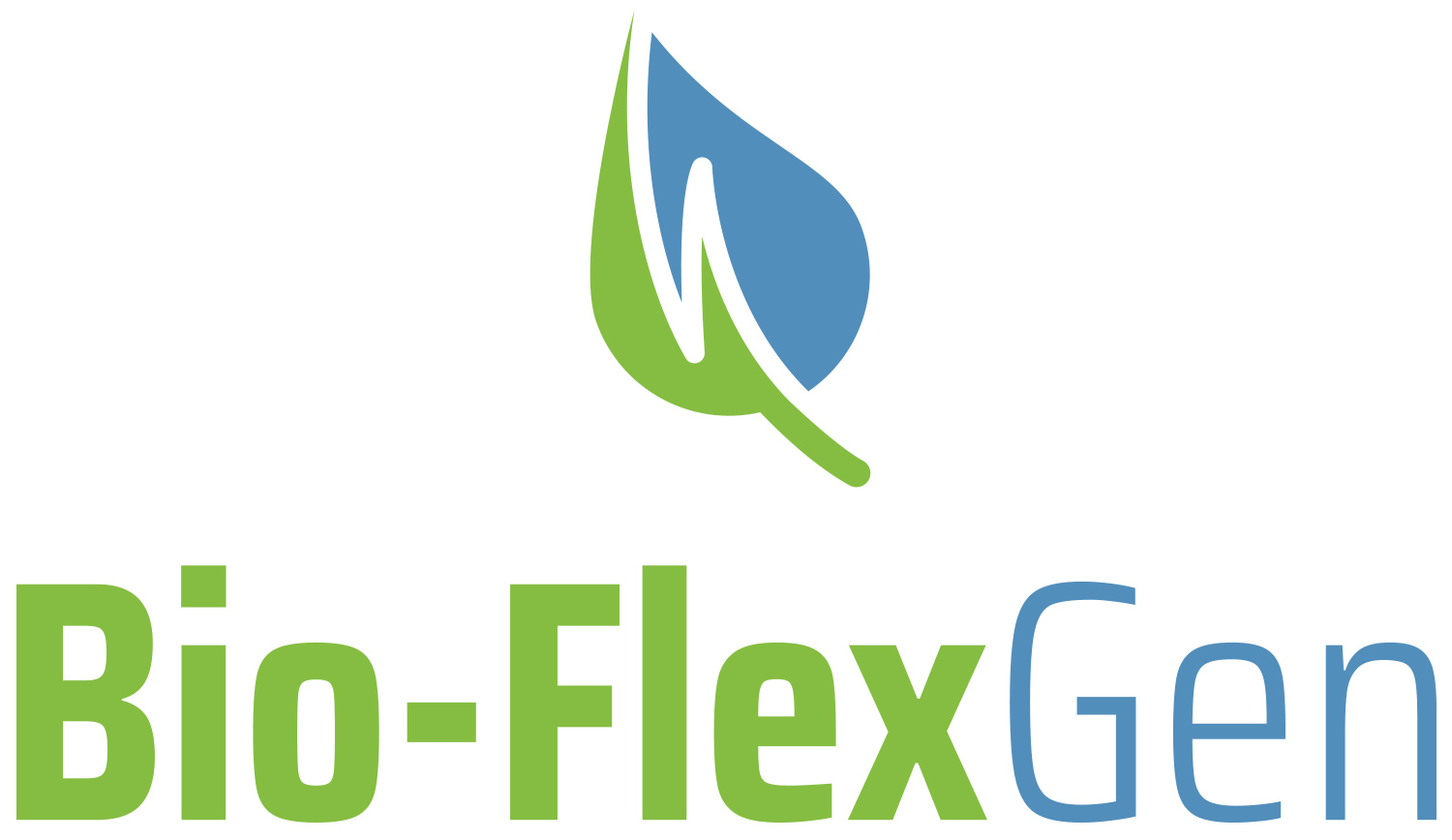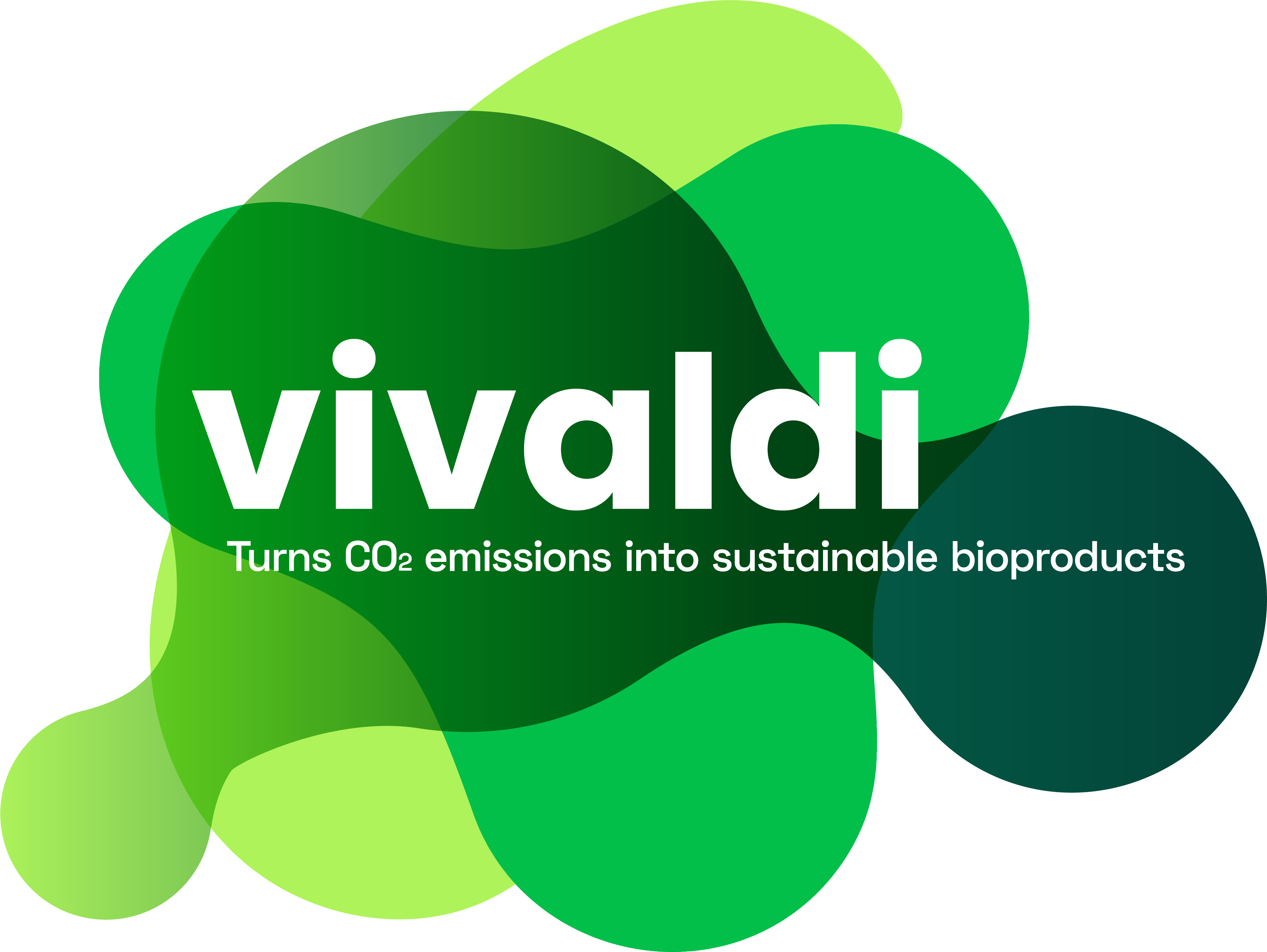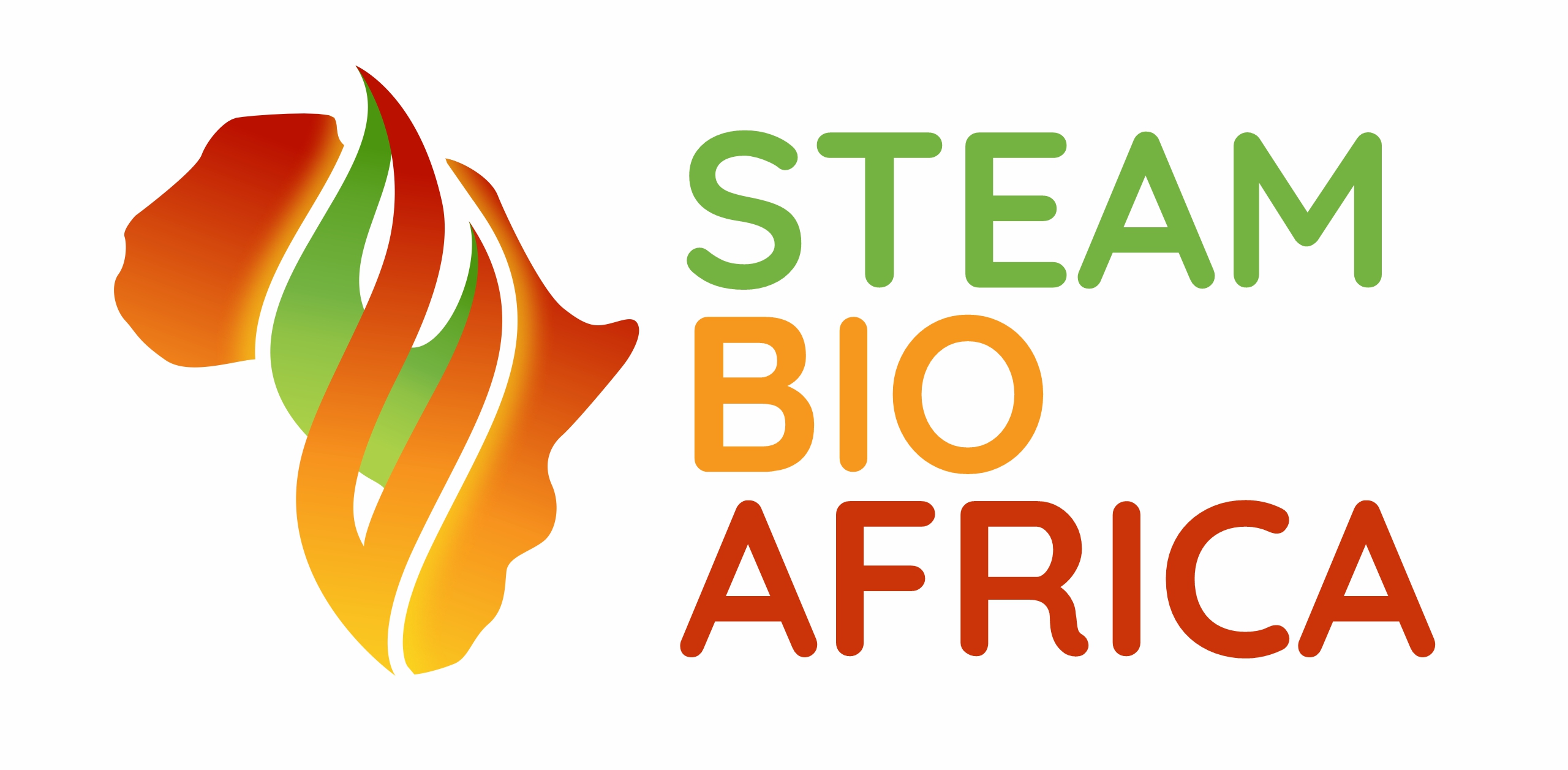The PYROCO2 consortium is interested in establishing links with other collaborative projects and initiatives that are working on related topics, to organise joint activities, exchanging feedback and discuss possible future collaborations in other EU projects. Would you like to join our network for collaborative initiatives? Do not hesitate to CONTACT US!
The list of initiatives that are collaborating with us will be updated soon.

Bio-FlexGen
Our greatest challenge today is climate change. Global warming has already had drastic consequences and it is set to continue unless we do something drastic about it. The EU has therefore set out its Green Deal to make Europe climate-neutral by 2050. And it’s a big deal, with fossil fuels needing to be replaced within 29 years. To achieve this, our energy system must harness renewable energy with new, powerful tools. This is where the EU research project Bio-FlexGen will come in. We seek to develop a combined heat and power plant (CHP) system with hourly, daily and seasonal flexibility through hydrogen production from biomass. This includes the flexibility to switch from CHP mode in winter to hydrogen production when needed. Moreover, the system will efficiently integrate solar and wind energy as abundant oxygen from electrolysis will be fed into the biomass gasification system that produces the hydrogen.

MICRO-BIO
The COVID-19 pandemic has increased public awareness of the effects of poor indoor air quality. The supply of fresh air in an enclosed indoor space can be very low or null. Also, CO2 levels may reach health-threatening levels. Technologies to reduce atmospheric CO2 and improve indoor air quality are important. The EU-funded MICRO-BIO project will develop a platform to capture CO2 from indoor air and transform it into valuable carbon-neutral commodity chemicals. For this purpose, it will design a CO2 micro-concentrator module to adsorb CO2. It will also develop a real-control system for steering gas bio-electro-fermentation towards selective production of hexanol using the CO2 captured from indoor air. Ultimately, the project will contribute to clean energy technologies

VIVALDI
VIVALDI project is developing an innovative, sustainable, and cost-efficient biotechnological solution to convert off-gas emissions from bio-based industries into 4 organic acids: lactic acid (LA), succinic acid (SA), itaconic acid (IA) and 3-hydroxypropionic. In this way, the industry’s greenhouse gases emissions will not only be reduced but will be used as a novel feedstock, lowering the dependency on fossil fuels import and the exploitation of key resources such as energy, raw material, freshwater, and land.

SteamBio Africa
SteamBio Africa sets out to address two significant challenges facing Southern Africa; the need for clean, secure and reliable energy, and the need to address the challenge of invasive woody biomass species. With support from the EU Horizon 2020 funding programme, we aim to address these challenges by adding value to problematic biomass resources in order to produce a clean burning, high value solid biofuel with coal-like properties. SteamBio Africa will use a novel superheated steam technology to thermally upgrade the biomass feedstock, yielding solid biofuel, water, and a mix of potentially high-value organic chemicals. Upstream benefits include the development of the harvesting value chains, contributing towards the restoration of degraded lands and drainage systems, as well as creating new local economic development opportunities. Downstream benefits include the supply and distribution of the biofuel, being a direct substitute for fossil coal in industrial applications, as well as a substitute for less desirable solid fuels in low-income households.

BioSFerA
BioSFerA (Biofuels production from Syngas Fermentation for Aviation and maritime use) is a H2020 project aiming to validate a combined thermochemical – biochemical pathway and to develop cost-effective interdisciplinary technology to produce sustainable aviation and maritime fuels.

LEADS
LEADS aims to accelerate the path towards the European Union’s target of becoming the first carbon-neutral continent by 2050, in line with the Green Deal, ‘Fit for 55’ and 2030 Climate Target Plan. The challenge will be tackled by creating a pipeline of Carbon Capture Use and Storage (CCUS) projects and supporting them to mature to full scale, using results from previously EU-funded projects (notably Horizon 2020) and, as such, unlocking the carbon reduction potential that is embedded in H2020-supported Research & Development results.

WaterProof
The WaterProof project aims at developing an electrochemical process that converts CO₂ emission captured from consumer waste incineration and wastewater treatment facilities into formic acid to be used in valuable green consumer products such as cleaning detergents and the tanning of fish leather apparel. Additional products of the electrochemical process are peroxides that can be applied to remove pharmaceuticals and pesticides from wastewater. Furthermore, formic acid is used for the generation of acidic deep eutectic solvents (ADES), that can be applied to recover precious metals from wastewater sludge and incineration ashes. As the electrochemical process uses renewable energy, it contributes to a clean water cycle with zero-emission. WaterProof enables the closing of the waste(water) carbon loop and the shift from fossil to renewable carbon sources. It hereby supports the transition towards a climate-neutral Europe and an effective and truly circular economy.


